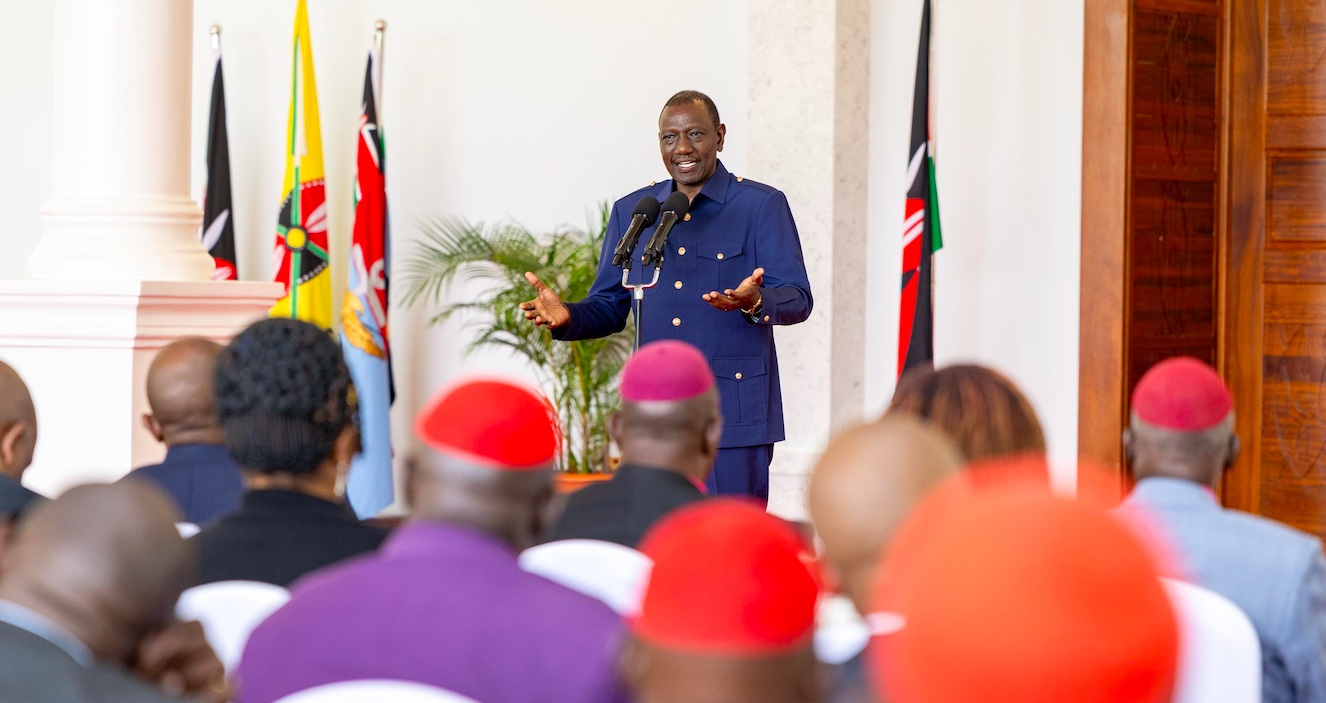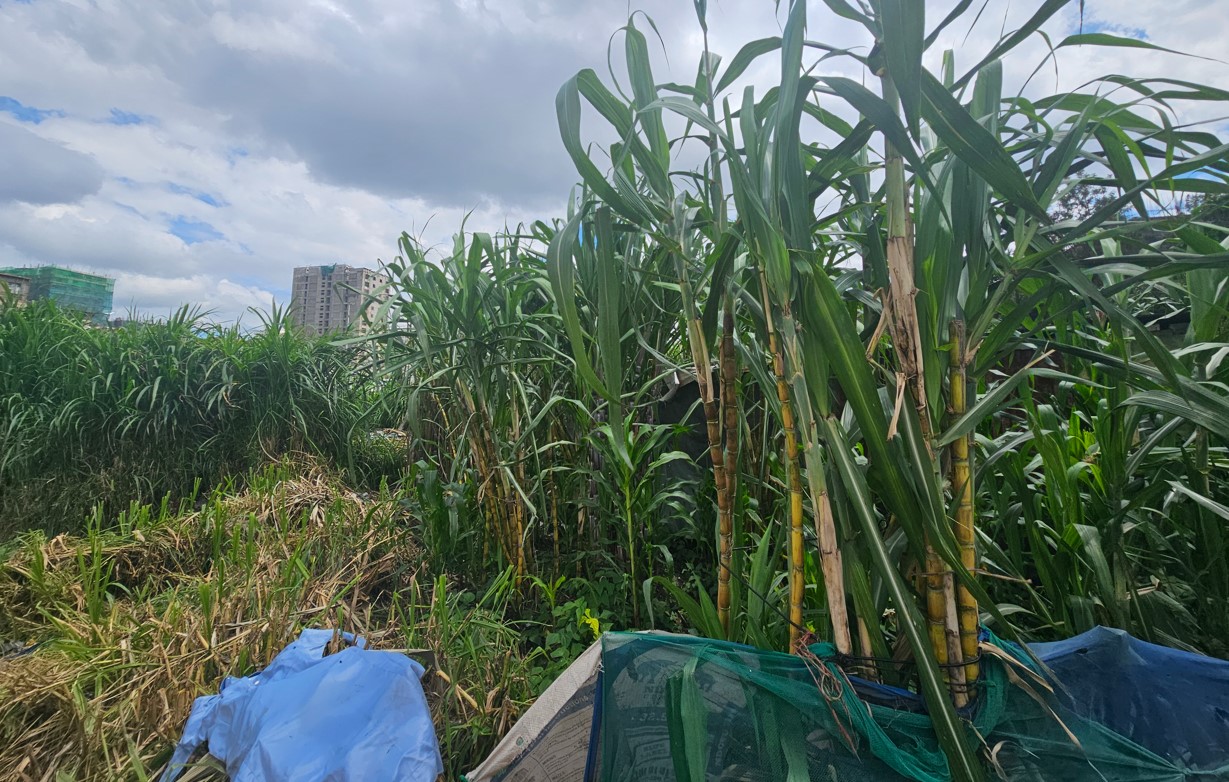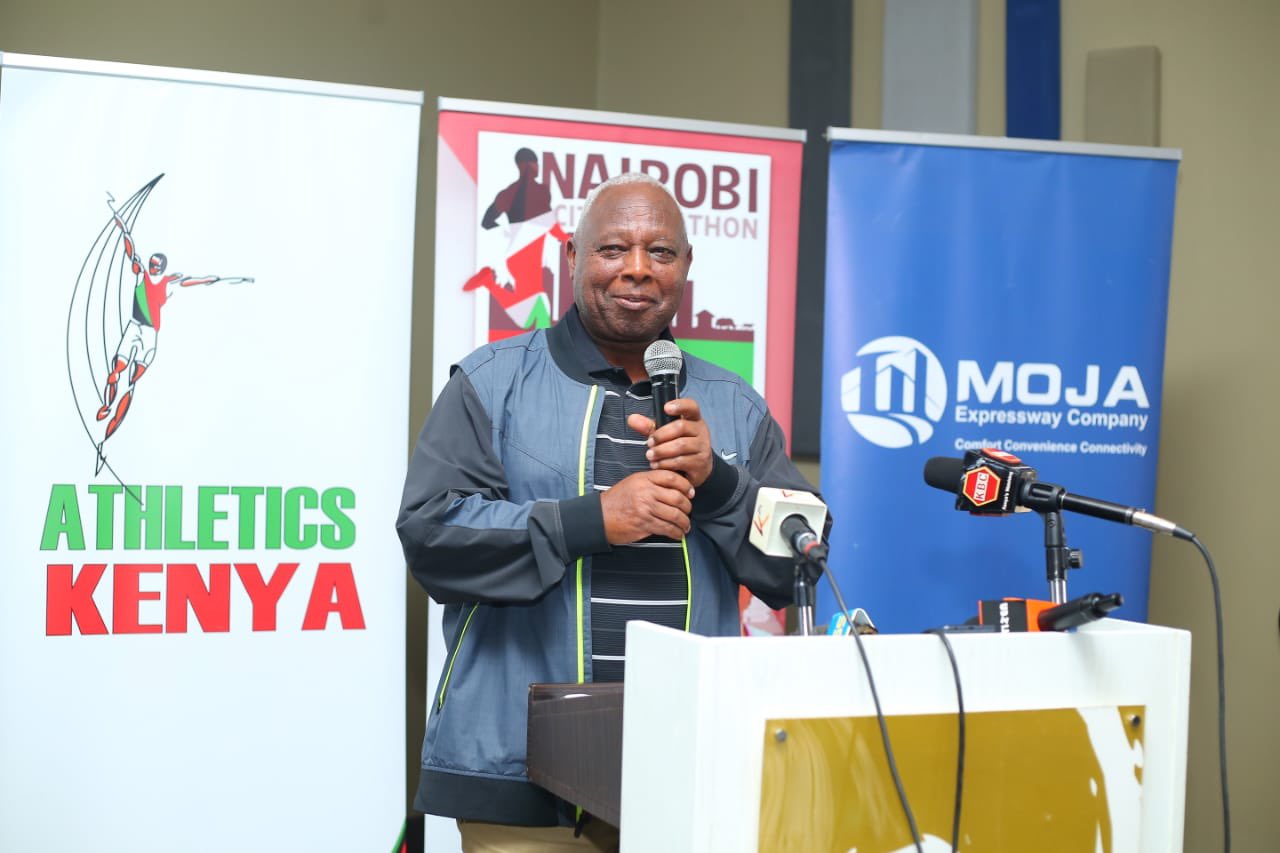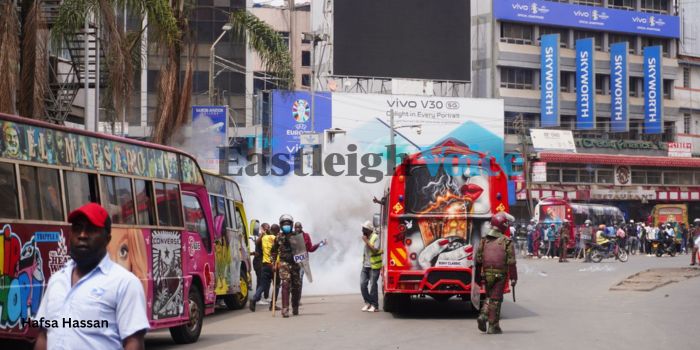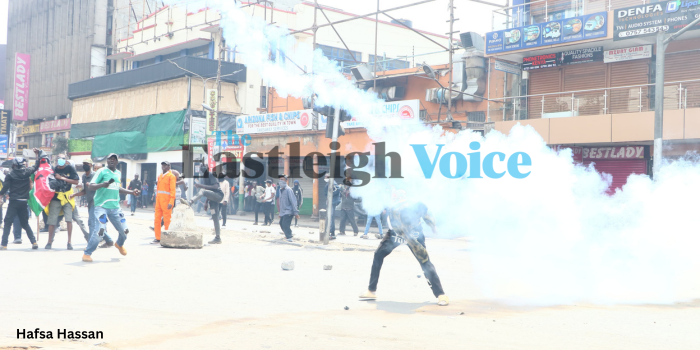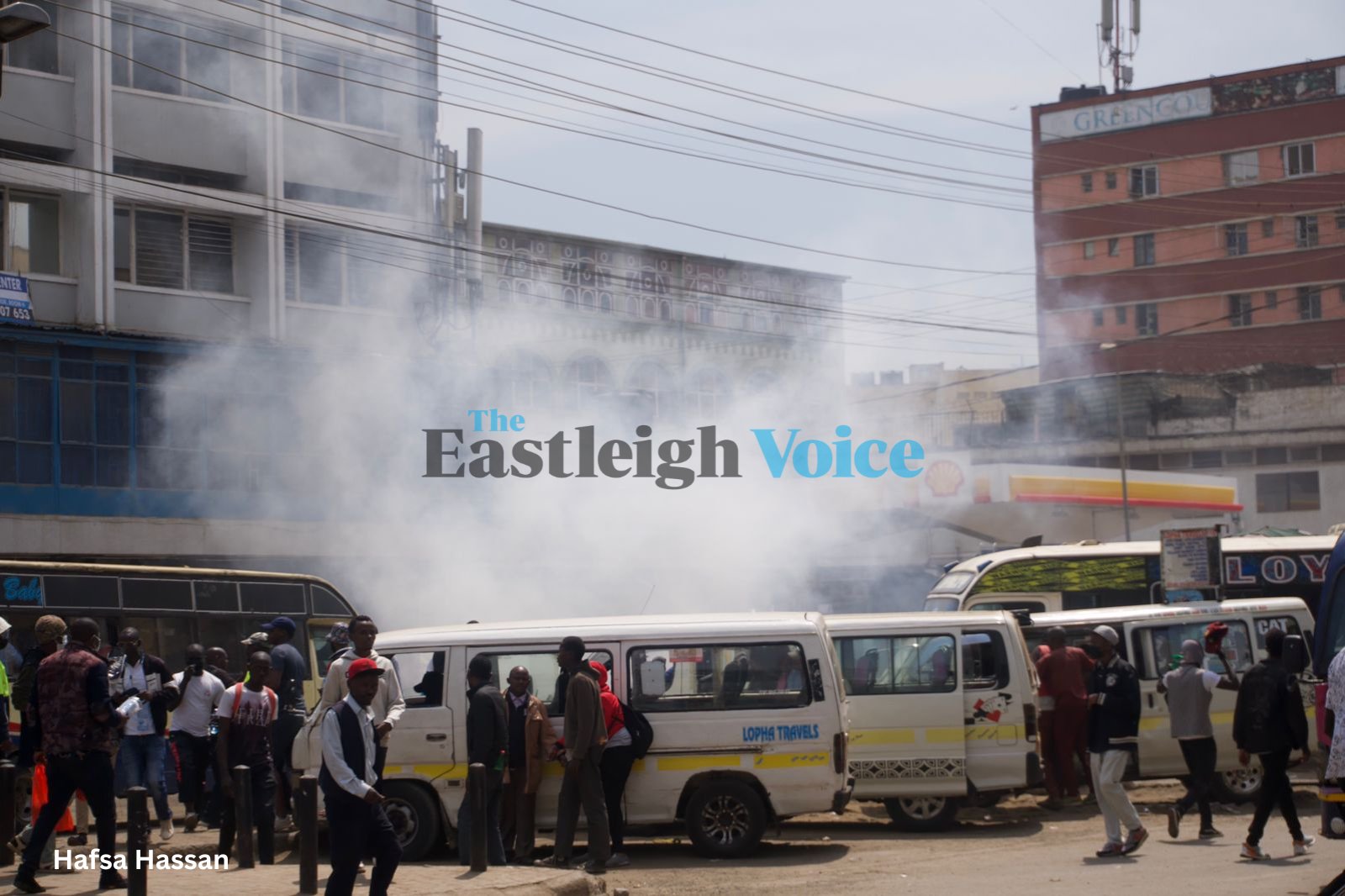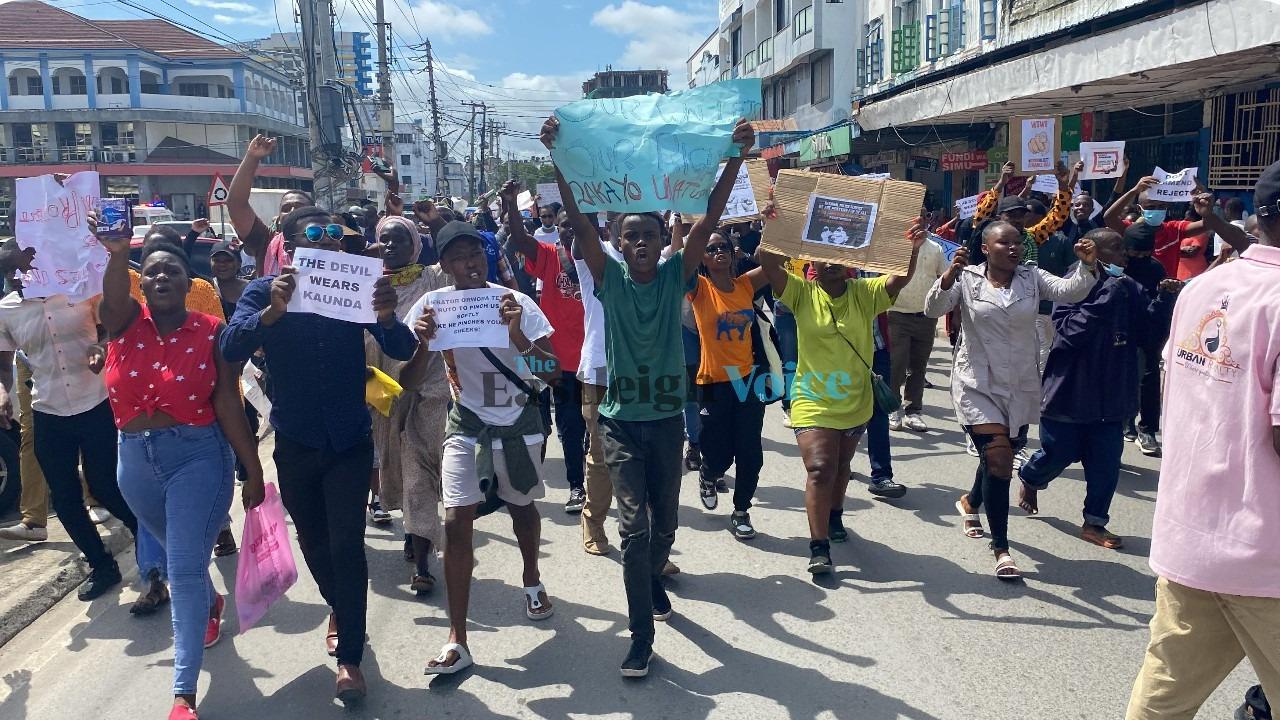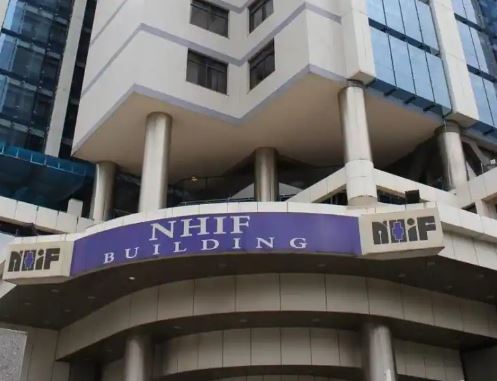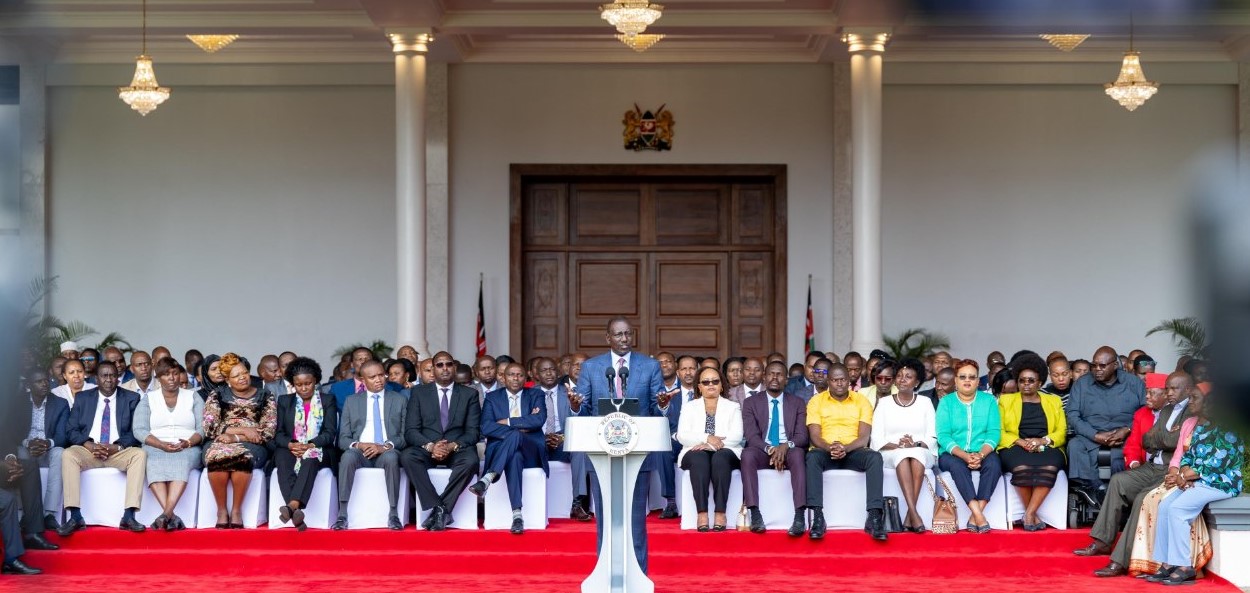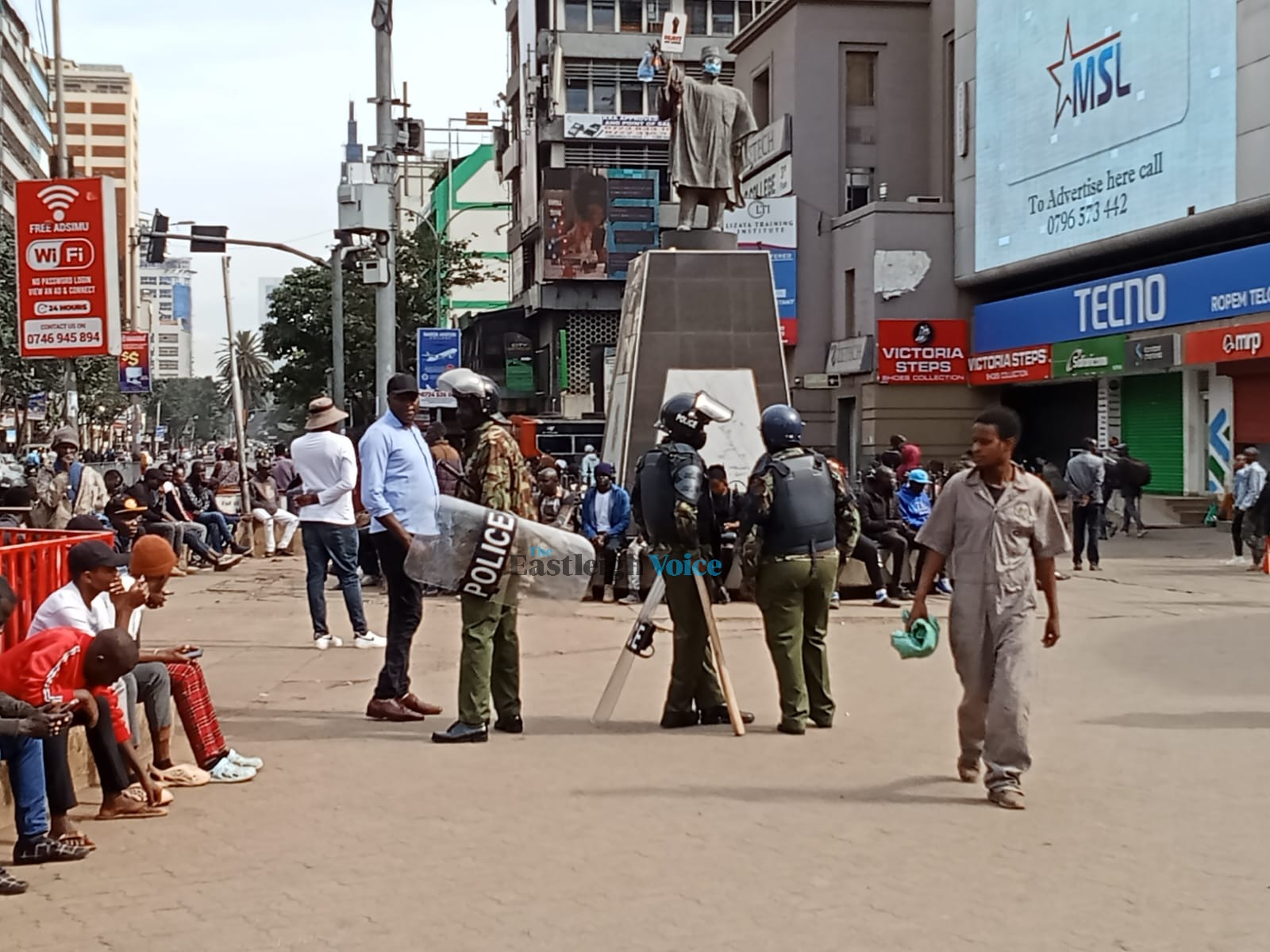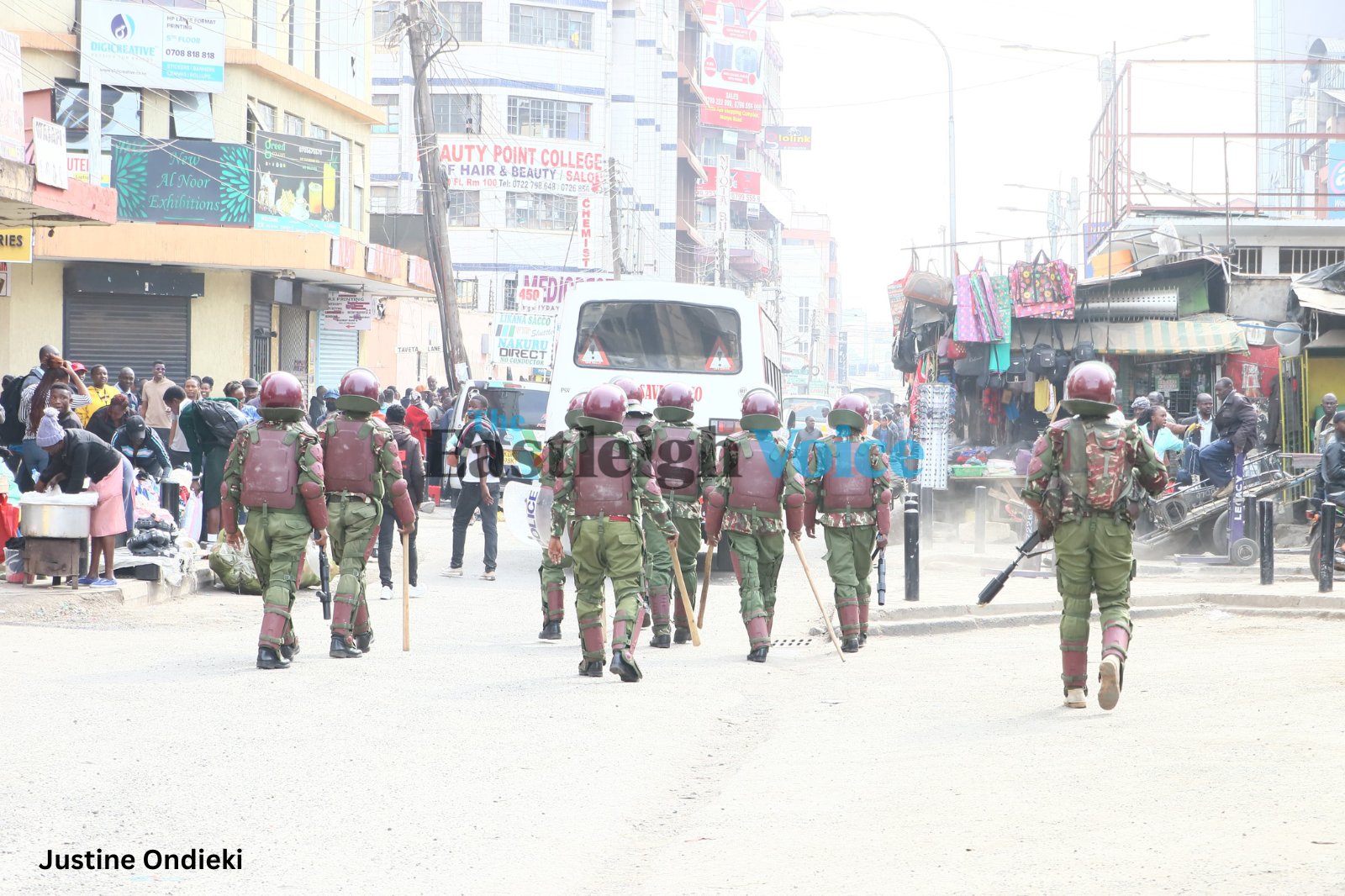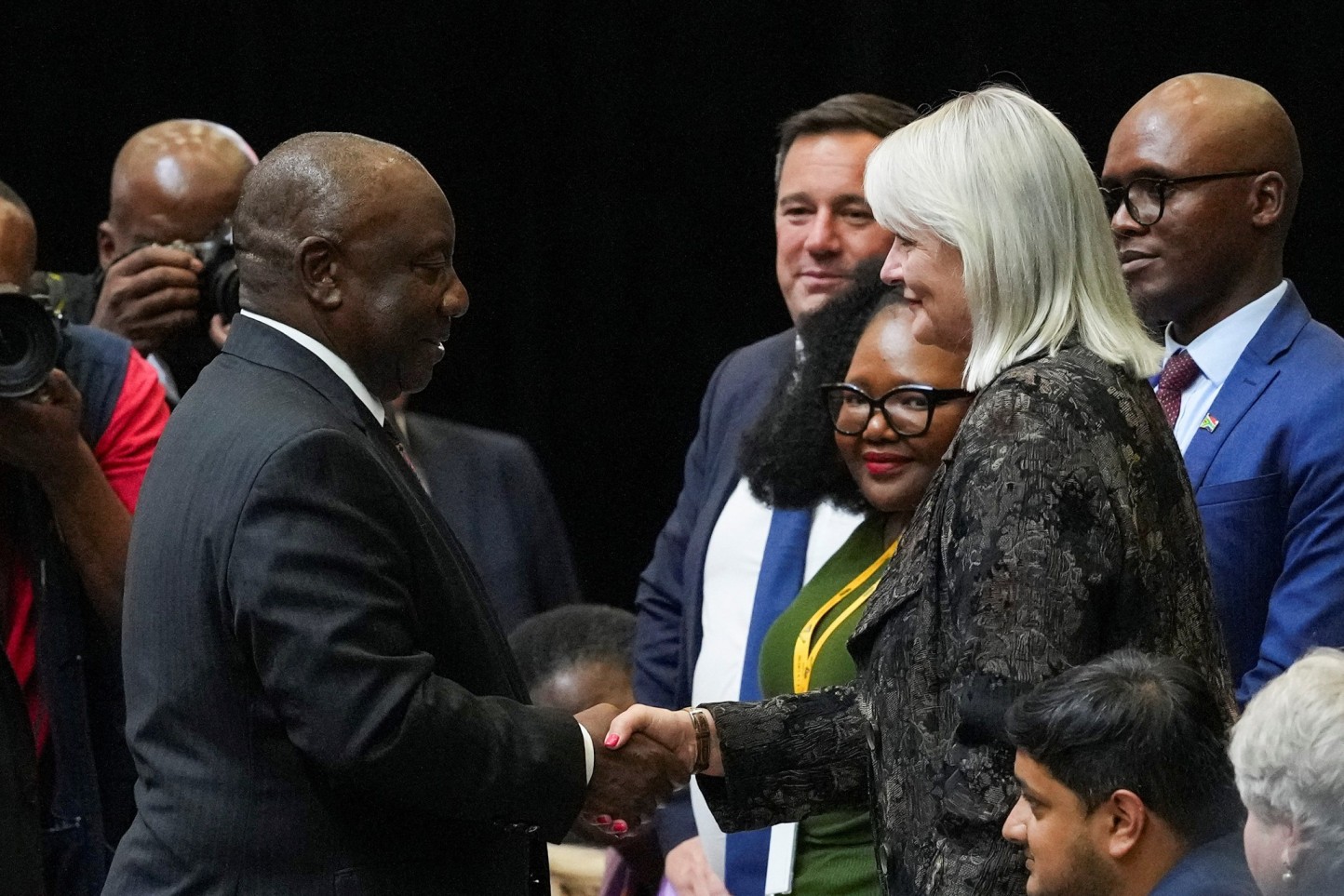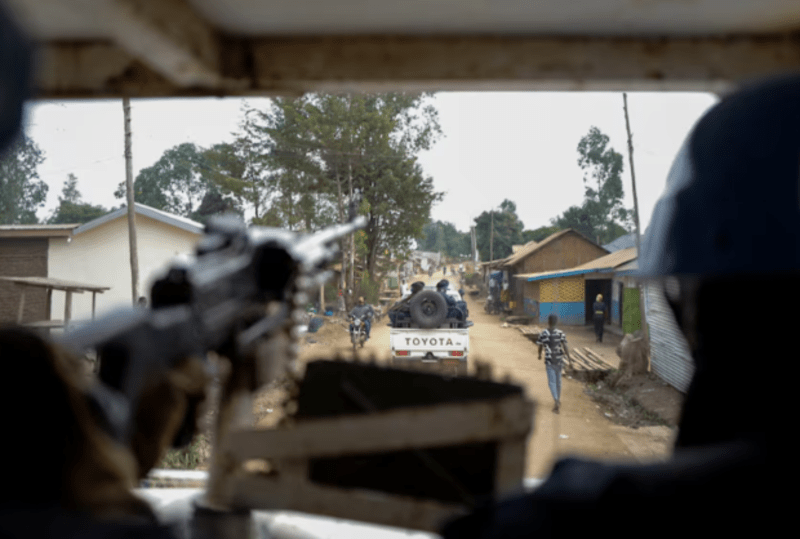Leaders highlight gaps in public participation in Kamukunji, call for civic education
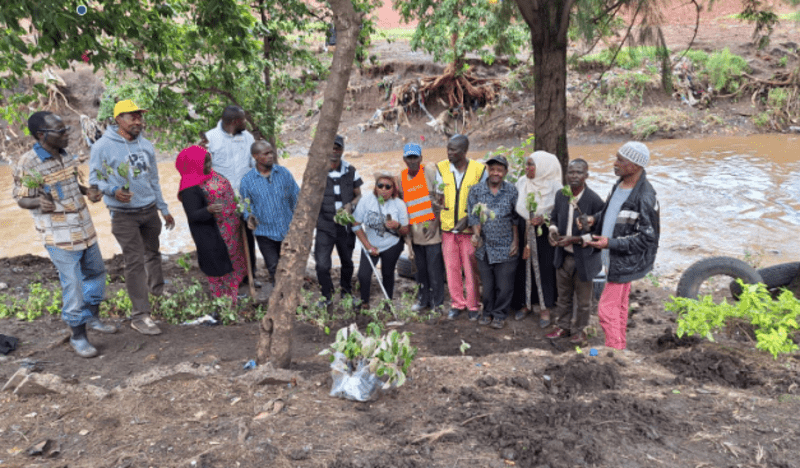
By Hanifa Adan |
Community leaders in Kamukunji Constituency are raising concerns about the effectiveness of public participation forums.
Sudi Mohammed, Daniel Orantis, and Stephen Singano, who lead the civil society organization CECARE, are at the forefront of this advocacy. They emphasize the need for comprehensive civic education to bridge the gap between policy and practice.
Keep reading
- The history of Nairobi’s Gikomba market and its perennial mysterious fires
- New Bill aims to ensure citizen participation in governance processes
- Civic educators train Kamukunji residents how to analyse Nairobi County's budget estimates
- How water token system brought relief to Kamukunji’s Kitui village
Despite legal mandates for public involvement in county planning processes, these leaders argue that the common citizen remains disconnected from meaningful participation.
Sudi Mohammed, Chairman of CECARE, highlighted the disconnect between policy and practice. "Public participation is good because it is enshrined in the constitution, so it is the law," he stated.
However, he noted that the effectiveness of public participation has not been felt by the common citizen. "The county government has held several public participations, but has always attracted a low attendance because many lack an understanding of its importance."
Sudi pointed out that the proposals made during public participation forums are often not implemented as agreed.
"We came to learn that after public participation, there is another meeting held by the representatives of the wards, which they term as an emergency meeting, and they bring in the supplementary project which gets an upper hand over what was discussed during public forums," he revealed.
He stressed that county administrators are usually absent from these meetings, and the people in charge are typically interest-oriented rather than issues-oriented, which denies the common citizen the services they are supposed to receive.
"The ward administrators are not conversant with the area dynamics to know the way of life here," he said.
He pointed out the need for post-political discussions focused on development. "When the political wind is over, people should go back to the development agenda, discuss their issues, and follow them up to be implemented."
Stephen Singano, another pioneering member of CECARE, said that many people misinterpret the nature of public participation.
"People look at public participation in the context that you have to be gathered somewhere and give your views. The information is not analysed to get the real input," he explained.
Singano highlighted the challenge of inconsistent information sources about public participation forums. "For people like us, we can go to the website and know when there will be public participation. The rest would either find out from the chief and ward administrator, but there is no solid source," he noted.
Singano also pointed out the challenge of low turnout due to expectations of handouts. "Many citizens expect handouts when such forums are held hence the low turnout. They do not understand how public participation can benefit them," he said.
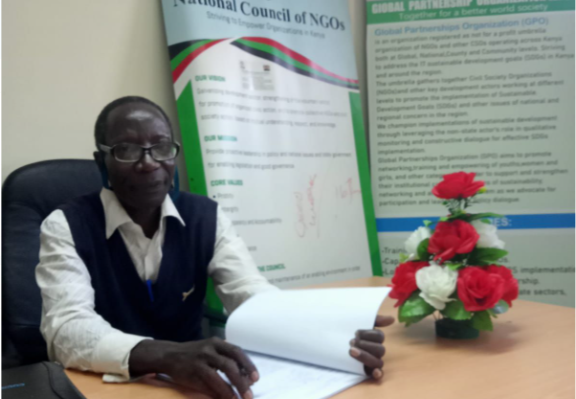 Sudi Mohammed, chairperson CECARE organisation and an active member of Kamukunji community. (Photo: Hanifa Adan)
Sudi Mohammed, chairperson CECARE organisation and an active member of Kamukunji community. (Photo: Hanifa Adan)
He also criticised the repetitive nature of public participation forums, where the same issues are raised without resolution.
"We write a memo after every public participation to follow up on the concerns raised, but most of the time, it takes another public participation to ask those questions of the previous forums, so it is a never-ending cycle," he explained.
Daniel Orantis, another key member of CECARE, echoed these frustrations, particularly highlighting the issue of expectations of handouts.
"Local authorities like MCAs most of the time pay people to attend the public forums for their own selfish reasons," Orantis says.
He criticised the practice of inflating turnout figures with non-local attendees who do not understand the issues affecting the residents.
"The turnout is massive if handouts are being given, and the people you will find there are not from that area," he noted.
Orantis stressed the importance of conducting public awareness on public participation. "We volunteer to educate most of them because we know the areas and issues well."
He also highlighted the bureaucratic challenges, such as the frequent transfer of ward administrators. "Ward administrators are transferred, and our initial concerns are always lost between the offices."
He shared a specific example of unfulfilled promises, such as the proposed maternity ward at the abandoned Nyayo wards intended as an extension to Pumwani hospitals. "Our pleas have always fallen on deaf ears."
According to the Tangaza University College Kariobangi branch study research, public participation ensures that citizens are involved in decision-making, pertaining to socio-political and economic development.
In informal settlements of Nairobi, there is passive participation as compared to the affluent section of the city. The study probed the non-conventional ways these settlements engage with duty-bearers, on service delivery, both on top-down and bottom-up models.
The United Nations Universal Declaration of Human Rights emphasises that the will of the people is the basis of the authority of government. Political and public participation is crucial to democratic governance, the rule of law, social inclusion and economic governance, and the advancement of all human rights.
The outcomes of citizen involvement are context-specific and depend on the government and citizens’ capacity and willingness to engage.
The Devolution and Public Participation in Kenya (2016) recons the challenges facing the public participation process such as; expectation of reimbursement for the time taken to participate in public meetings, difficulties in accessing information, inadequate representation, language, and literacy barriers, restrictions on timelines, structural barriers within government, inadequate de-centralisation of public consultations, the relationship between the county government and citizens.
Regionally, it has been evident that without the participation of Africans, efforts to create and sustain positive changes in governance, peace, and security are futile, according to the African Union.




